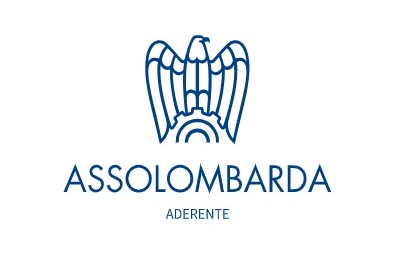Fausto Coppi's death from malaria, preventable and treatable
Category: News - Author: Beatrice Formenti
Yesterday, 2 January, marked the anniversary of the death of the great cyclist Fausto Coppi.
We join the commemoration not only to remember the Italian champion, but above all to remember the preventable and treatable cause of his death: undiagnosed malaria.
In 1959 Fausto Coppi was in Africa, in what is now Burkina Faso, along with other famous cyclists for an exceptional race.
During the trip, according to my friend and colleague Raphaël Géminiani, there were several stays in the nature reserves of Fada N'gourma and Pama, where the mosquito population proliferated and the accommodation conditions were precarious and lacked mosquito nets.
On their return to Italy, Geminiani and Coppi experienced the same drama. During the Christmas holidays they were both bedridden with a high fever. Fausto Coppi was first diagnosed with Asian flu. Raphael Geminiani, on the other hand, was immediately diagnosed with malaria by his French colleagues and treated promptly with quinine.
Although France took care to warn Italian doctors of the high probability that Coppi had also contracted Plasmodium, the diagnostic question was completely ignored.
Fausto Coppi died on 2 January 1960.
Source:
Malaria
Malaria is a disease caused by the protozoan parasite Plasmodium. Human transmission occurs through the bite of an infected female mosquito of the Anopheles genus.
The infection is mainly widespread in tropical and sub-tropical areas of the world, with the highest prevalence in sub-Saharan African states.
Early diagnosis and treatment are essential to determine a good clinical outcome. Malaria is not only a disease that can be cured, it can also be effectively prevented.
Prevention of malaria infection starts with proper behavioural prophylaxis: the use of effective mosquito repellent; wearing clothes that cover legs and arms, preferably light-coloured; safe accommodation where mosquitoes cannot enter.
The indication for a specific anti-malarial chemoprophylaxis must be prescribed by a specialised professional.
Before any trip, it is essential to consult professionals experienced in preventive and travel medicine, who will be able to explain to you the potential risks of your travel destination and the most effective behaviour and prophylaxis to reduce them.
We do not know what would have been the fate of our champion if they had explained preventive strategies to him or if they had diagnosed and treated malaria in a timely manner, but we do know that his death must lead to deep reflection for all health professionals and every traveller.





